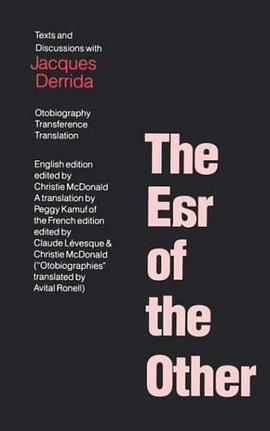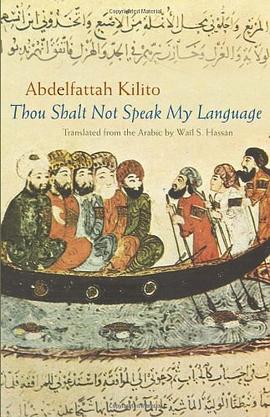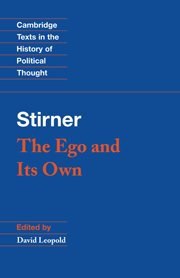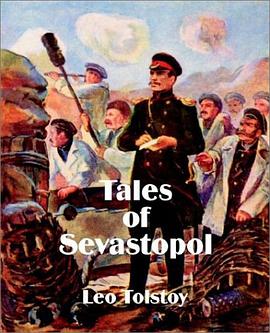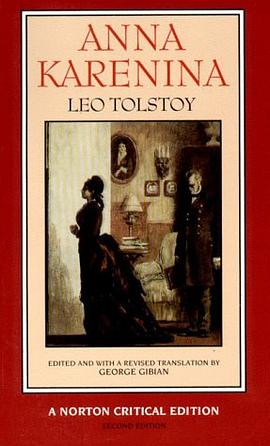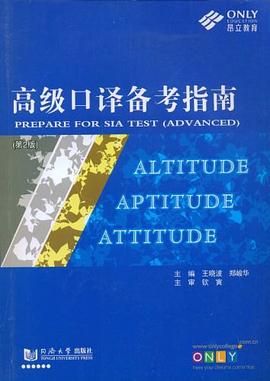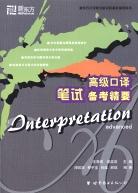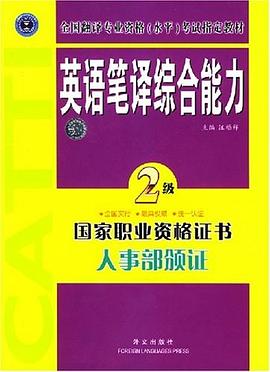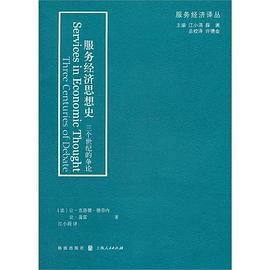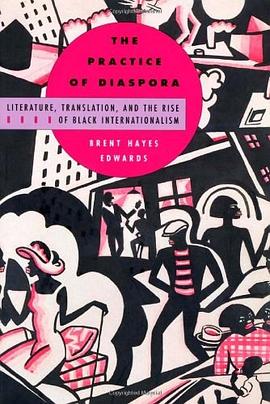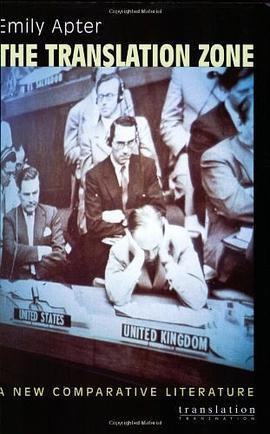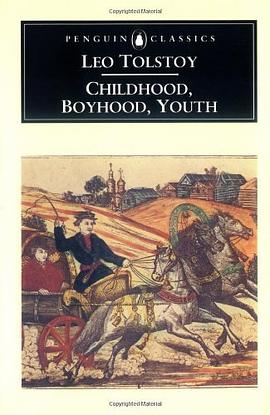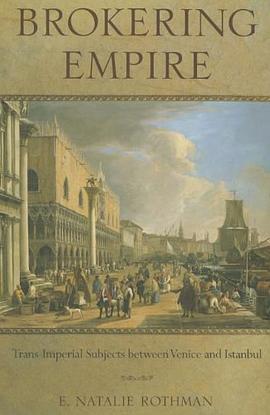

In Brokering Empire, E. Natalie Rothman explores the intersecting worlds of those who regularly traversed the early modern Venetian-Ottoman frontier, including colonial migrants, redeemed slaves, merchants, commercial brokers, religious converts, and diplomatic interpreters. In their sustained interactions across linguistic, religious, and political lines these trans-imperial subjects helped to shape shifting imperial and cultural boundaries, including the emerging distinction between Europe and the Levant.
Rothman argues that the period from 1570 to 1670 witnessed a gradual transformation in how Ottoman difference was conceived within Venetian institutions. Thanks in part to the activities of trans-imperial subjects, an early emphasis on juridical and commercial criteria gave way to conceptions of difference based on religion and language. Rothman begins her story in Venice's bustling marketplaces, where commercial brokers often defied the state’s efforts both to tax foreign merchants and define Venetian citizenship. The story continues in a Venetian charitable institution where converts from Islam and Judaism and their Catholic Venetian patrons negotiated their mutual transformation. The story ends with Venice’s diplomatic interpreters, the dragomans, who not only produced and disseminated knowledge about the Ottomans but also created dense networks of kinship and patronage across imperial boundaries. Rothman’s new conceptual and empirical framework sheds light on institutional practices for managing juridical, religious, and ethnolinguistic difference in the Mediterranean and beyond.
"E. Natalie Rothman introduces the persons and languages of Ottoman lands into the streets, canals, hostels, and political chambers of early modern Venice and puts that amazing city and the whole eastern Mediterranean in a brand new light. Deeply researched and powerfully argued, Brokering Empire makes us rethink the nature of 'belonging' and 'boundaries' in early modern times—and in our own day as well."—Natalie Zemon Davis, author of Trickster Travels: A Sixteenth-Century Muslim Between Worlds
"It has been a long time since a book surprised me, which Brokering Empire did again and again. It represents a rare breakthrough in conception and research. E. Natalie Rothman reveals how early modern Venetian and Ottoman territories and spheres of influence were constantly shaped and reshaped through interactions among people and institutions."—Edward Muir, Northwestern University
"Brokering Empire argues compellingly that 'trans-imperial subjects,' as E. Natalie Rothman terms them, were critical in shaping the ways Venetians and Ottomans came to view each other. Commercial agents, converts, and professional translators all created boundaries as they negotiated across them, in the languages of commerce, law, religion, and diplomacy. This book is deeply original and beautifully written."—Leslie Peirce, Silver Professor of History, Middle Eastern and Islamic Studies, New York University
具体描述
读后感
评分
评分
评分
评分
用户评价
看电视剧必备
评分看电视剧必备
评分粗略翻过一遍,对论文用处不大,但是介绍了十六世纪下半叶到十八世纪威尼斯社会中几种国别身份不定的人群,商业经手人(威尼斯那个时候垄断了向levant出口商品的通道)、改换宗教信仰的人群、以及外交界的人,通过他们对威尼斯官方的“申诉”写作分析他们如何审视、调整自己的外来人身份和行内人士之间的矛盾,把他们定义为“跨帝国主体”,思考了“威尼斯性”这个从十六世纪出现的地域概念、以及在威尼斯逐渐形成的对其他国别(尤其土耳其人)、宗教信仰的界定。
评分粗略翻过一遍,对论文用处不大,但是介绍了十六世纪下半叶到十八世纪威尼斯社会中几种国别身份不定的人群,商业经手人(威尼斯那个时候垄断了向levant出口商品的通道)、改换宗教信仰的人群、以及外交界的人,通过他们对威尼斯官方的“申诉”写作分析他们如何审视、调整自己的外来人身份和行内人士之间的矛盾,把他们定义为“跨帝国主体”,思考了“威尼斯性”这个从十六世纪出现的地域概念、以及在威尼斯逐渐形成的对其他国别(尤其土耳其人)、宗教信仰的界定。
评分看电视剧必备
相关图书
本站所有内容均为互联网搜索引擎提供的公开搜索信息,本站不存储任何数据与内容,任何内容与数据均与本站无关,如有需要请联系相关搜索引擎包括但不限于百度,google,bing,sogou 等
© 2025 book.wenda123.org All Rights Reserved. 图书目录大全 版权所有

